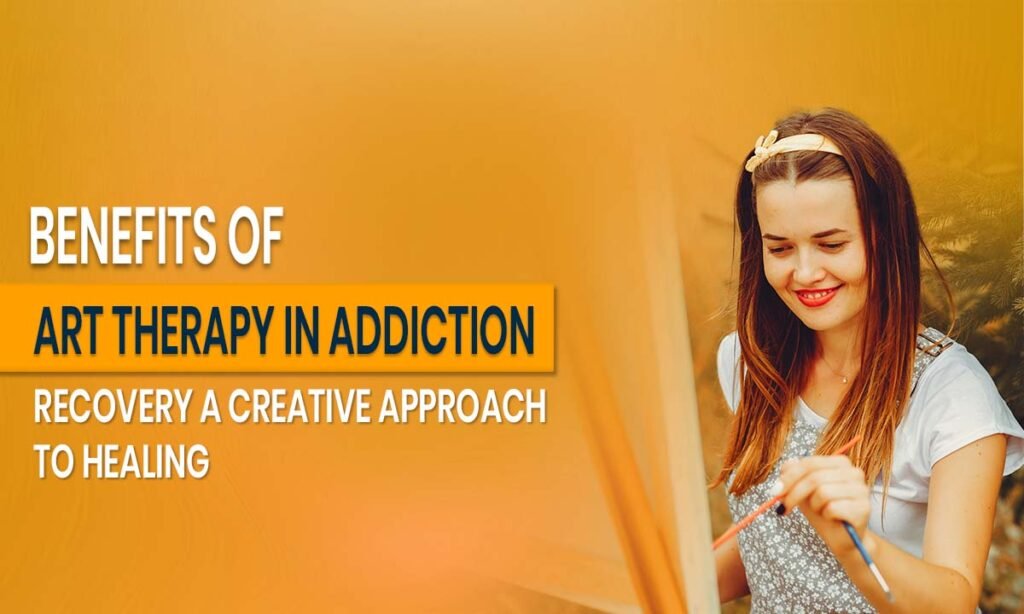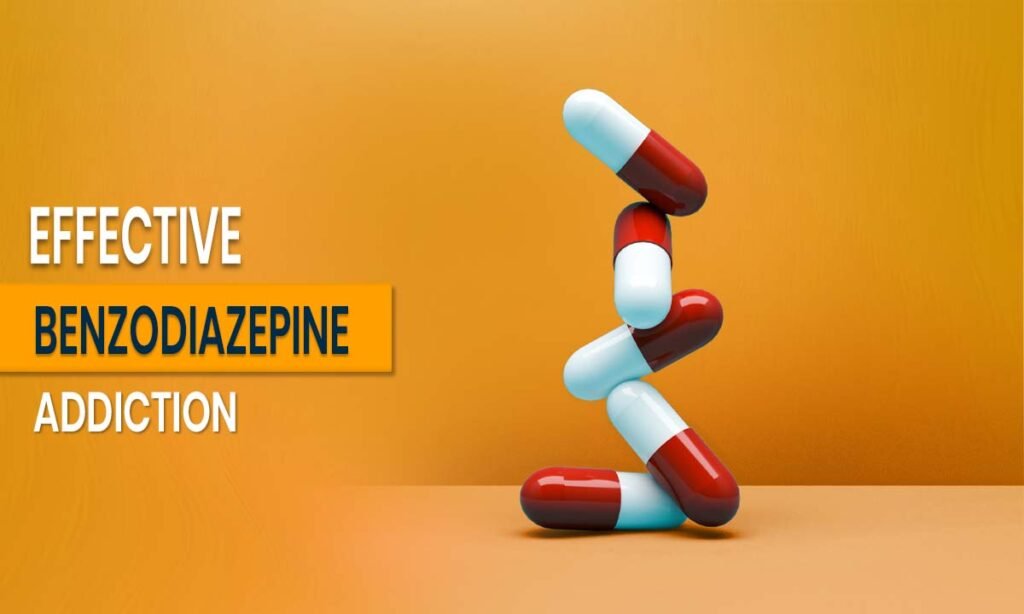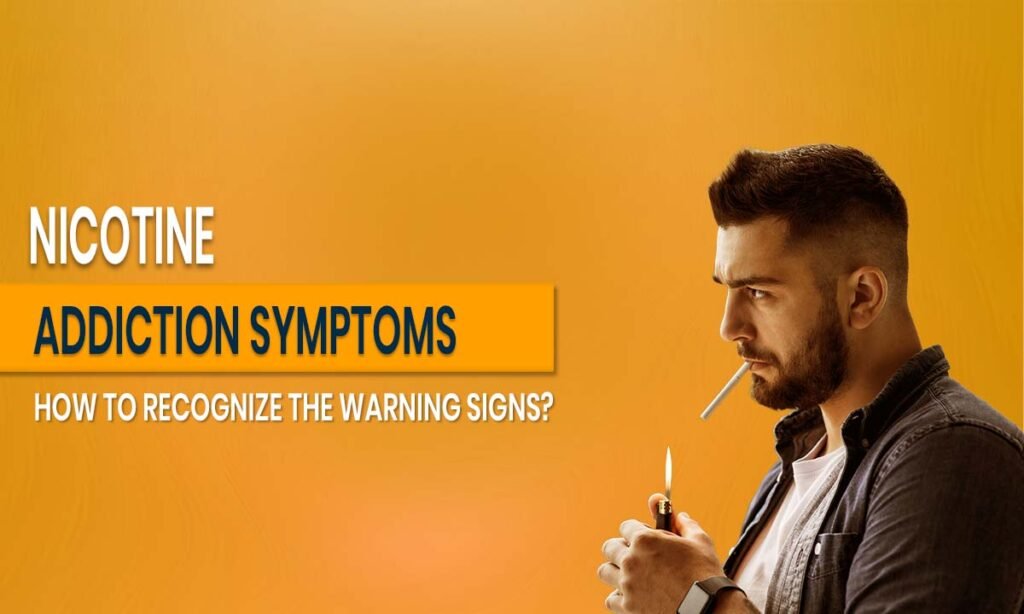
Addiction is a tough battle, and it’s not something you can fight alone. Whether it’s drug, alcohol, or behavioral addiction, the road to recovery is long and filled with challenges. The mind and body often need extra support to heal, and sometimes, traditional therapy isn’t enough.
This is where art therapy addiction comes into play. If you’re struggling with addiction or know someone who is, today’s article is a must-read. We’re going to explore how recovery art therapy and creative therapy can be powerful tools in the journey toward recovery, offering relief to those in need of mental health support.
If you’re suffering from any addiction problem, contact Athena Luxus today. We offer therapy for addiction and a wide range of mental health services that help you get back on the right track.
What is Art Therapy Addiction?
If you’ve ever painted or doodled just to ease stress or frustration, you’ve experienced the basics of art for mental health. Art therapy addiction uses creative expression to help individuals deal with deep emotions tied to their addiction. The idea is simple: creative therapy provides a safe space where individuals can express themselves through art, unlocking feelings and experiences that are often too painful to verbalize.
The benefits are profound. Not only does it give people a nonverbal outlet for their emotions, but it also helps reduce anxiety, builds self-awareness, and enhances communication skills—all critical components of addiction recovery. So, if you’ve found conventional therapy methods ineffective, recovery art therapy could be just what you need.
Why Art Therapy Works in Addiction Recovery
Addiction isn’t just physical; it’s deeply emotional and psychological. The brain goes through numerous changes during addiction, and these changes make it hard to process feelings in a healthy way. Art therapy addiction tackles this by enabling individuals to bypass traditional forms of communication.
Imagine this: someone who has been battling substance abuse for years finds it incredibly difficult to put their feelings into words. They feel overwhelmed and trapped by their addiction.
Traditional talk therapy might seem too intimidating or uncomfortable. But when they pick up a paintbrush or start sculpting, the words begin to flow. The creative therapy helps them channel those overwhelming emotions into something productive and tangible, without the pressure of verbalizing every thought.
This unique form of therapy brings out thoughts and feelings that might have been buried for years. Whether through drawing, painting, or even sculpting, art provides the freedom to express yourself in ways that words simply can’t.
The Benefits of Creative Therapy in Addiction Recovery
1. Emotional Release and Self-Expression
One of the primary reasons art therapy addiction works is its ability to unlock repressed emotions. It offers an alternative for people who find it difficult to articulate their feelings. Through creative expression, individuals can give shape to their internal struggles, anxieties, and fears. This release is therapeutic because it helps reduce the emotional tension that often fuels addiction.
2. Improved Self-Esteem
Addiction can strip away a person’s sense of self-worth. Recovery art therapy offers a way to rebuild confidence. As individuals create art, they experience a sense of accomplishment. This can be incredibly healing, especially for those who have lost confidence due to their addiction. It’s about taking small steps toward regaining control and pride in themselves.
3. Stress Reduction and Relaxation
Creating art has been shown to reduce stress and improve relaxation. When engaged in artistic activities, the brain releases dopamine—the “feel-good” hormone. This helps calm the mind and promotes emotional healing. In addiction recovery, this is crucial, as stress and anxiety can often trigger relapses.
4. Better Coping Skills
Addiction recovery is all about learning new ways to cope with life’s challenges. Art for mental health encourages creativity and out-of-the-box thinking, which leads to healthier ways of managing stress, anger, and frustration. Instead of turning to substances, individuals can turn to their art, providing them with a lasting tool for emotional regulation.
5. Enhanced Communication Skills
For many individuals recovering from addiction, communication can be a significant barrier. Art therapy helps break down these communication barriers. It enables individuals to express complex emotions without fear of judgment. Over time, this can build stronger interpersonal relationships and help individuals learn how to express themselves more effectively in all areas of life.
When and Where Should You Try Art Therapy for Addiction?
Creative therapy is available at many rehabilitation centers. At Athena Luxus, we offer recovery art therapy as part of our comprehensive addiction treatment program. Whether you’re struggling with alcohol, drugs, or behavioral addiction, art therapy can be integrated into your treatment plan at any stage of your recovery.
Art therapy can be used alone or alongside traditional therapy techniques. It’s suitable for individuals who may be resistant to talking about their problems or find it difficult to express their emotions verbally. It’s also helpful when someone is ready to go beyond the basics of recovery and delve deeper into their emotional healing process.
Why Choose Athena Luxus for Addiction Recovery?
At Athena Luxus, we understand that every individual’s journey is unique. Our holistic approach to addiction treatment combines evidence-based therapies with creative and experiential methods like recovery art therapy. Our team of experts is dedicated to supporting you every step of the way as you reclaim control over your life.
If you’re struggling with addiction, don’t wait. The longer you put off seeking help, the harder it will be to heal. Anxiety increases with each passing day, and mental health issues don’t improve on their own. That’s why it’s important to reach out to a professional rehabilitation center like Athena Luxus as soon as you realize you need help.
Patient Experiences with Art Therapy in Addiction Recovery
Ravi Kumar: “I was hesitant to try art therapy at first, but it’s been a game-changer. I’ve been through multiple treatments for my alcohol addiction, but nothing worked like this. Art gave me an outlet I didn’t know I needed. It’s been a healing process for me.”
Neha Sharma: “I never considered art therapy before I came to Athena Luxus, but I’m so glad I gave it a shot. It helped me express things I could never say out loud. It’s part of what’s kept me on track during my recovery.”
Amit Patel: “Art therapy was the missing piece in my recovery. After years of battling with addiction, I found peace and clarity through painting. It’s been such a valuable tool for my mental health, and I’m grateful for the support from Athena Luxus.”
Simran Verma: “At first, I didn’t understand the point of art therapy, but it’s been a life-saver. It allowed me to process my emotions in a healthy way, and that helped me fight my addiction head-on.”
Conclusion
If you’re suffering from addiction, don’t panic. You don’t have to go through this alone. Reach out to Athena Luxus, where we offer tailored programs that include art therapy, addiction, creative therapy, and other innovative approaches to help you recover. Our team is ready to support you on your journey back to health.
Remember, there’s always hope, and with the right support and tools, you can turn your life around. Athena Luxus is here to provide all the mental health services and support you need. Don’t wait book an appointment today and start your recovery journey.
FAQs
Q1: What is art therapy addiction?
Art therapy addiction uses creative expression to help individuals recover from addiction by providing a safe space to explore emotions through art.
Q2: How does creative therapy help in addiction recovery?
Creative therapy provides an emotional outlet, builds self-esteem, reduces stress, and improves communication skills, all of which are crucial in addiction recovery.
Q3: Can art therapy be used alongside other addiction treatments?
Yes, art therapy can complement traditional therapy techniques, providing additional support for emotional and psychological healing.
Q4: What are the benefits of art for mental health?
Art for mental health helps release repressed emotions, improve relaxation, reduce stress, and boost self-confidence, all of which are important in the recovery process.
Q5: How do I get started with art therapy for addiction?
Contact Athena Luxus to learn more about our recovery art therapy programs and begin your journey toward healing and recovery.
If you’re ready to start your recovery journey, book an appointment with Athena Luxus today or visit our website to learn more about our services. Your healing begins now!

